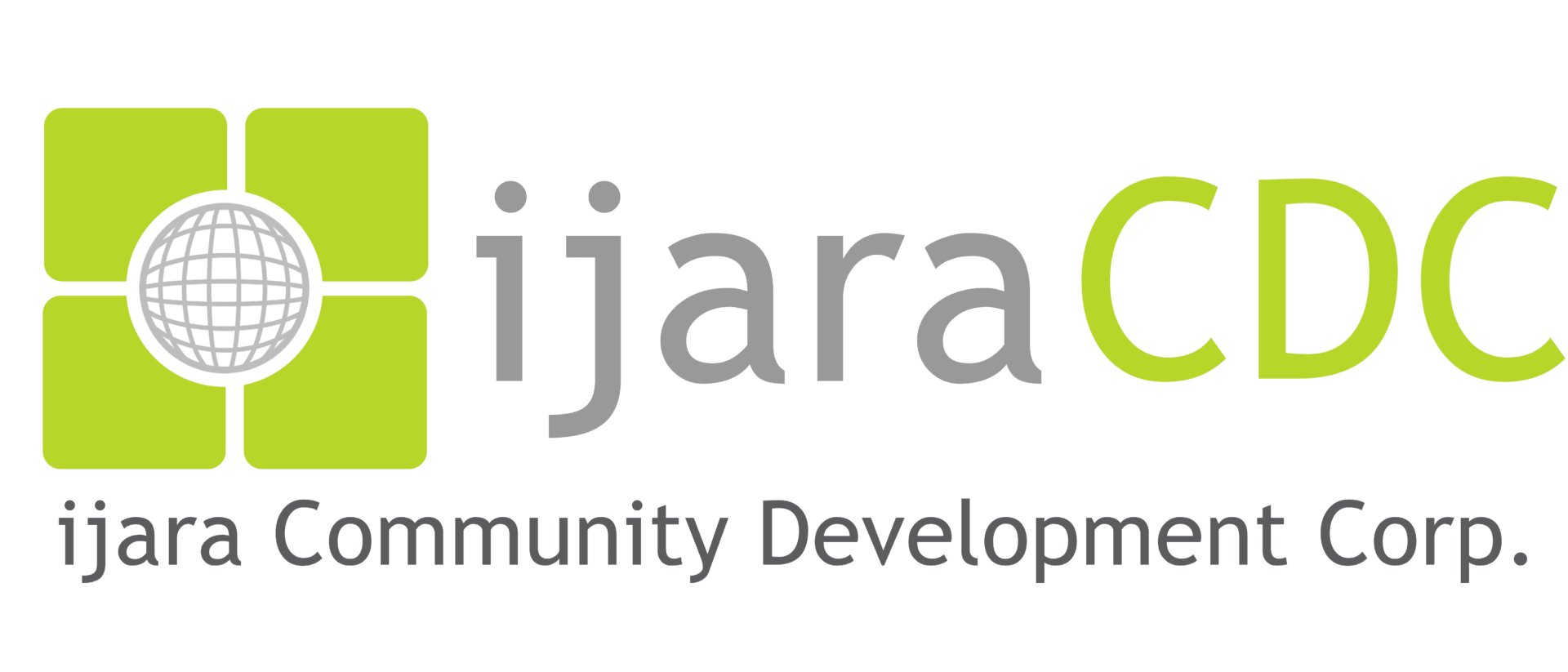“My friend says Ijara is the same as a regular mortgage.”
Question:
I have some friends, who bought houses here in Calgary, who are taking loans from banks and I opposed them on that time, that; this is haraam in Islam to take loan from banks as they involve interest. Now when discussing with them that I am with a Sharia compliance loan from Ijara Canada, they are saying what is the difference between Ijara and a bank loan?
I am currently unable to satisfy them, they are saying there is no difference and even Ijara is taking higher interest rates than banks which they are calling profit.
What is the clear difference between a bank loan and an Ijara loan? I want to own the house and also not be sinful in the eye of Almighty Allah.
Allah bless you.
Answer:
There are several questions here that can be addressed, the first is how can a bank invest in an Ijara transaction, and the second is how is it different.
Firstly, there is no prohibition that excludes a non-Muslim from making an Islamic investment, so a bank can be an investor in an Ijara transaction as long as they do it the way we need them to, additionally, please note that Ijara does Not borrow money period. The investor invests directly in each transaction.
Secondly, to understand the difference, keep in mind that economics are different than structure. The terms, cost, and rates etc., are all economic factors and have no restrictions or limitations from an Islamic perspective, in fact an Islamic transaction can in fact be less, the same or more than a traditional mortgage transaction, the difference is in structure. The versus and ruling surrounding Riba refer only to how the profit is earned not how much it is, how its calculated, or where it comes from. Our transaction is very simple, it is a rent to own, the profit is earned as a rent on property (bey/trade) not as a rent on money (riba/interest). it is interesting that the argument your friends are making is the same argument that the non-believers made before Allah revealed Surah Albakarah Ayah 275
Those who consume interest cannot stand [on the Day of Resurrection] except as one stands who is being beaten by Satan into insanity. That is because they say, “Trade is [just] like interest.” But Allah has permitted trade and has forbidden interest. So whoever has received an admonition from his Lord and desists may have what is past, and his affair rests with Allah . But whoever returns to [dealing in interest or usury] – those are the companions of the Fire; they will abide eternally therein.
Basically this states that Islamic finance is the same as a regular finance, but Allah has clearly allowed one and forbidden the other. May Allah guide those are astray.
In conventional mortgage, you are paying for the usage of money. If you wanted to buy a property, you go to the bank and borrow some money. With that money you buy the property and each month you pay the bank for the usage of the money (rent on money)that they gave you. Payment for the usage of money (interest) is essential what Riba is. But in Ijara suppose you want to buy a property, you go to Ijara and fill the application. We will create a trust and the trust will purchase the property (funds from the investor) and each month you will pay rent to the trust. A portion of that rent will go towards your ownership until you have 100% equity. Rent on money is Riba (haram) but rent on property is rent, which is halal.

